flywheel cars
flywheel cars in india
flywheel cars in kolkata
FLYWHEEL INDIA
flywheel kolkata
preowned car
preowned cars
preowned cars for sale
preowned cars in india
preowned cars in kolkata
preowned cars sedan price in india
preowned suv cars in india
preowned suv price in india
second hand car
second hand car in india
second hand car in kolkata
second hand cars in india
second hand dealership in kolkata
second hand sedan car price in india
second hand suv
used car buys
used car in india
used car in kolkata
used car suv
used cars
used cars buy
used cars for sale
used cars in india
used cars in kolkata
used cars india
used cars kolkata
used cars sale
used cars sedan
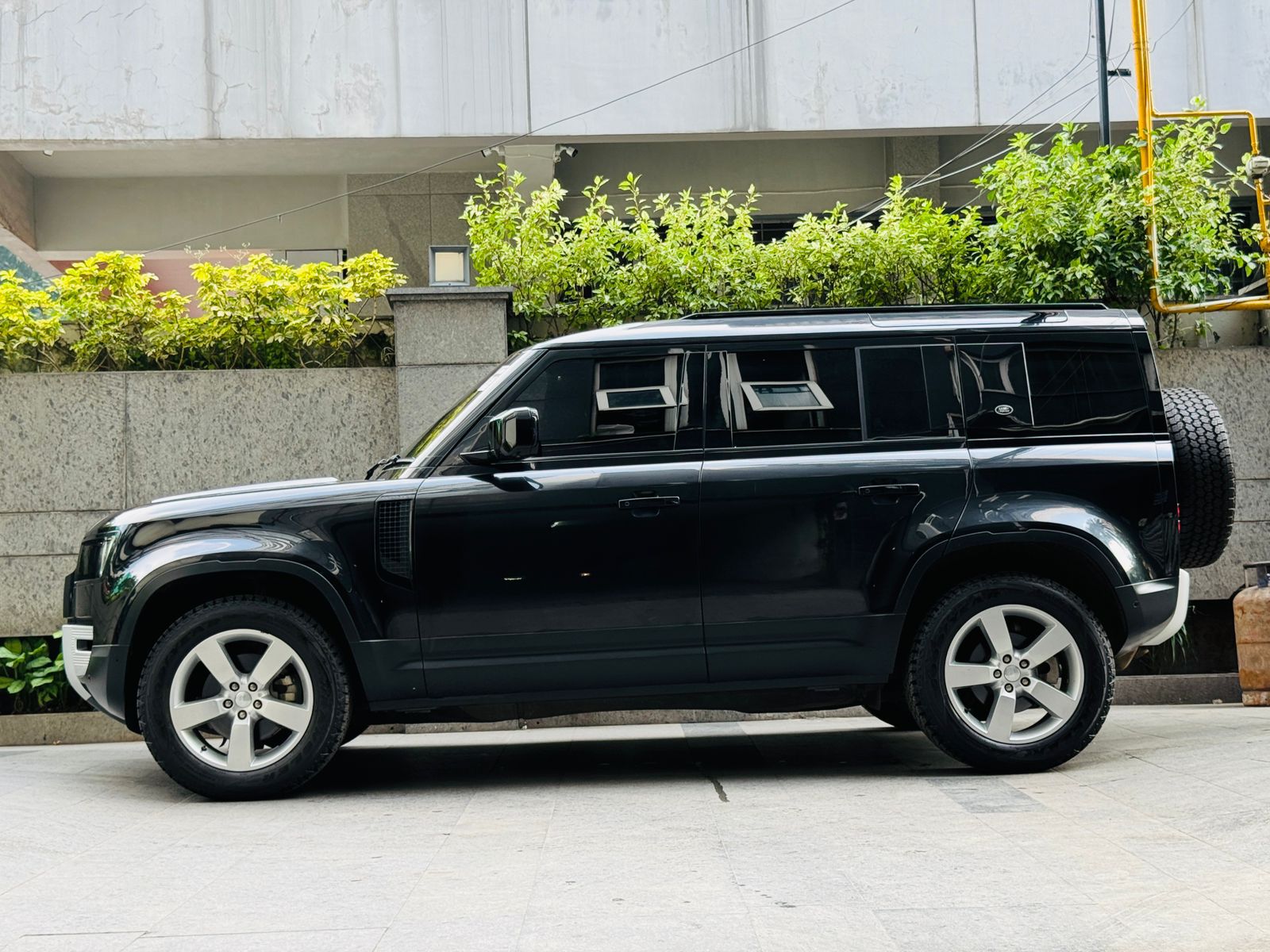
12 Essential Car Maintenance Tips for a Smoother Ride
Maintaining your car properly not only ensures its longevity but also gives you a smoother, safer driving experience. Whether you’re commuting daily or planning a road trip, keeping your car in top condition is essential. Here’s a breakdown of the 12 most important car maintenance tips to help your vehicle run effortlessly.
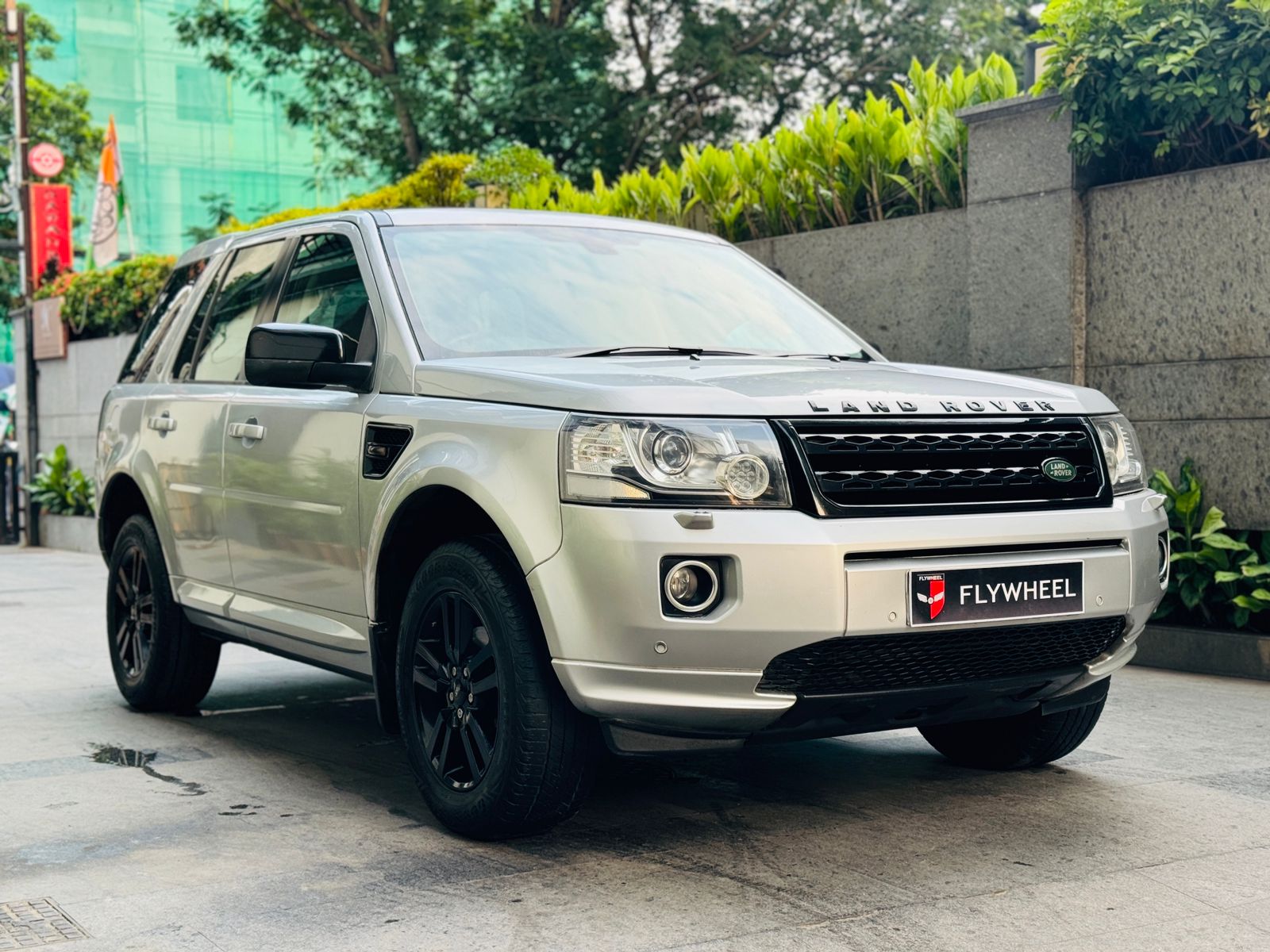
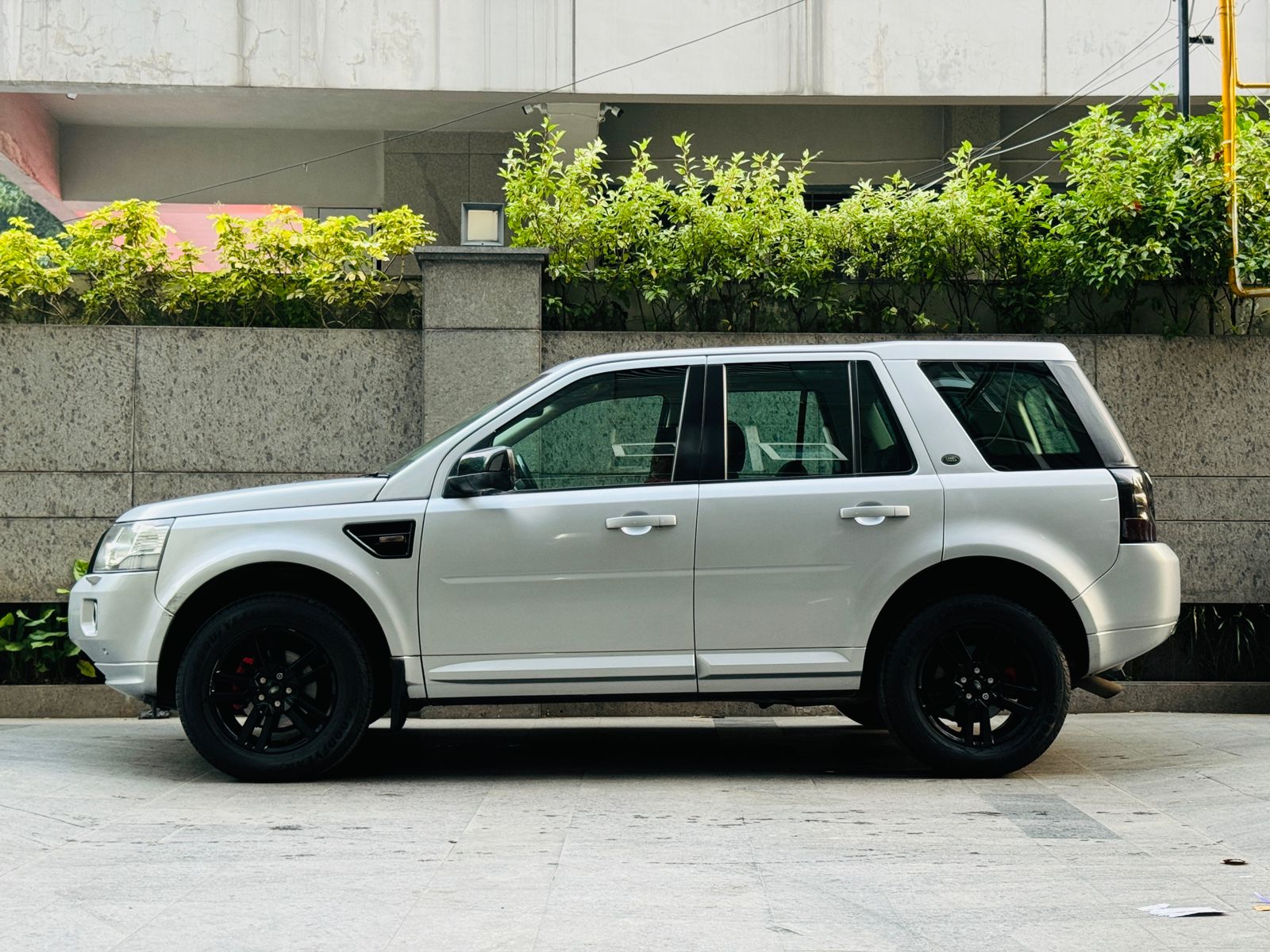
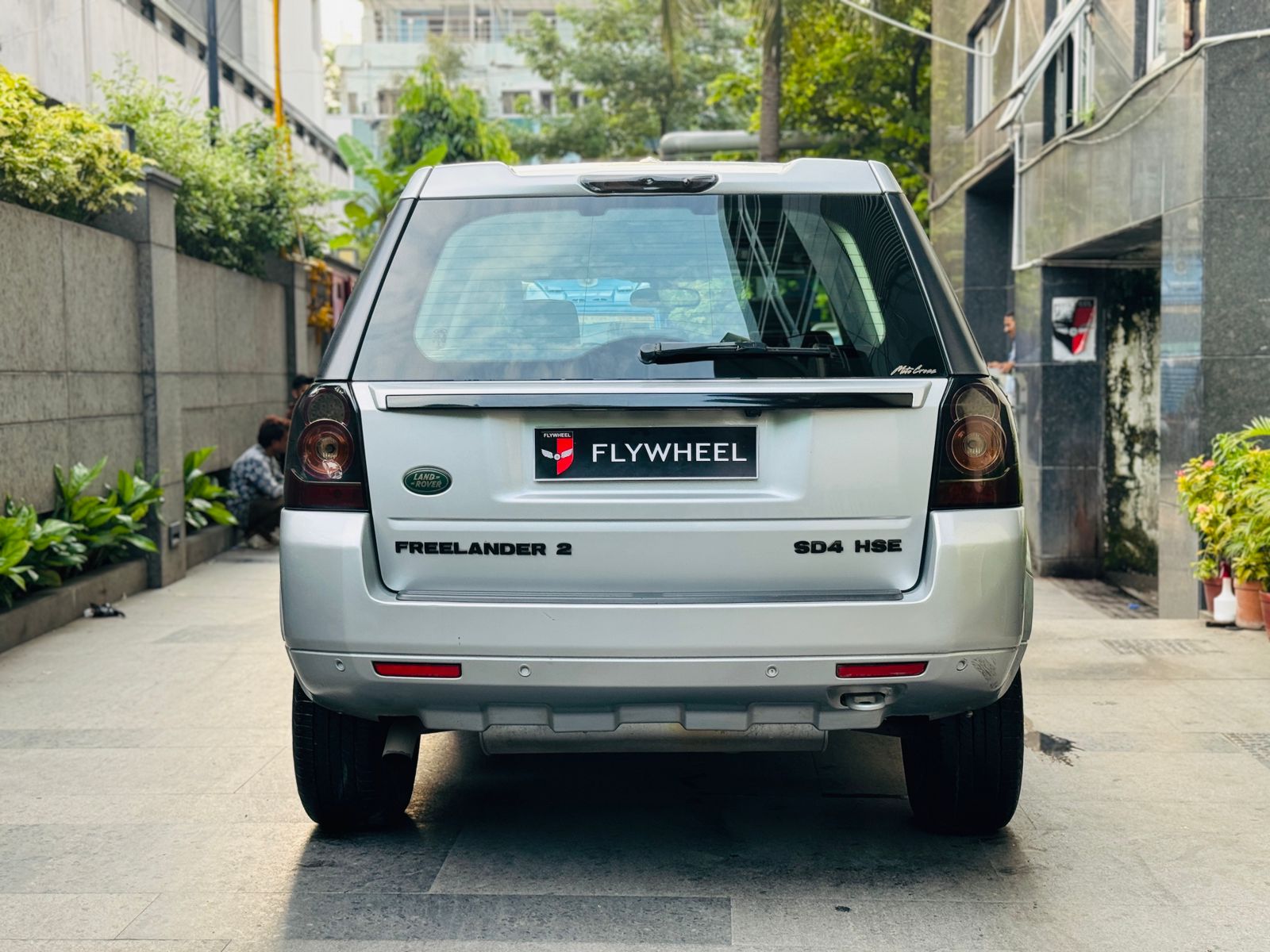
12 Essential Car Maintenance Tips
1. Regular Oil Changes
One of the most basic yet crucial aspects of car maintenance is changing the engine oil. Engine oil lubricates, cools, and protects internal engine parts from wear. Over time, oil degrades and loses its effectiveness, leading to poor engine performance or damage. Check your oil level every month and change it as per your manufacturer’s recommendations—typically every 5,000 to 7,500 kilometers.
2. Check Tire Pressure
Underinflated tires can lead to poor fuel efficiency, uneven wear, and even blowouts. Check your tire pressure monthly and adjust according to your vehicle’s specifications, which can usually be found on a label inside the driver’s door or in the owner’s manual. Keeping your tires properly inflated ensures better handling, smoother rides, and improved safety.
3. Rotate and Balance Tires
Tires wear unevenly based on their position on the car. Regular tire rotation and balancing every 10,000 kilometers will prolong tire life and provide a smoother driving experience. It also improves vehicle stability and reduces vibrations while driving.
4. Inspect and Replace Brake Pads
Worn brake pads not only compromise safety but can also damage your brake rotors, leading to expensive repairs. Listen for any unusual noises like squealing or grinding when braking—these could indicate that your brake pads need replacing. Regular brake inspections will help you avoid accidents and maintain your vehicle’s stopping power.
5. Monitor Fluid Levels
Your car relies on several fluids—brake fluid, transmission fluid, coolant, and power steering fluid. Each of these is critical to your vehicle’s smooth operation. Check these fluids regularly and top them up if necessary. Additionally, flushing and replacing them as advised in your car’s manual ensures everything works smoothly.
6. Replace Air Filters
Air filters prevent dust and debris from entering your engine. Over time, they become clogged, reducing airflow and impacting performance. Replace your air filter every 15,000 to 30,000 kilometers or more often if you drive in dusty conditions. A clean air filter will improve fuel efficiency and prolong engine life.
7. Check Battery Health
A weak battery can leave you stranded. Regularly inspect the battery terminals for corrosion and ensure it’s tightly secured. If your car struggles to start, have your battery tested and replaced if necessary. On average, car batteries last about 3 to 5 years, so consider replacing yours accordingly.
8. Replace Windshield Wipers
Clear visibility is essential for safe driving, especially during harsh weather. Worn-out windshield wipers can leave streaks or fail to clear rain or snow properly. Replace them every six months to a year, depending on their condition.
9. Inspect Belts and Hoses
Belts and hoses are often overlooked but are critical to your engine’s performance. Check them for cracks, leaks, or signs of wear every few months. A snapped belt or burst hose can cause severe engine damage, leading to costly repairs.
10. Maintain Headlights and Taillights
Ensuring that all lights—headlights, brake lights, turn signals, and taillights—are functioning is vital for safety. Replace any burnt-out bulbs immediately to prevent accidents, and clean cloudy or hazy headlight lenses to restore visibility during nighttime driving.
11. Alignment and Suspension Check
Poor alignment can lead to uneven tire wear, poor handling, and a less comfortable ride. If you notice your car pulling to one side or your steering wheel vibrating, it’s time to check your alignment and suspension. Regular checks will keep your car riding smoothly and reduce wear on tires and suspension components.
12. Keep Your Car Clean
Lastly, a clean car is more than just about aesthetics. Dirt, road salt, and debris can corrode your vehicle’s paint and undercarriage over time. Regular washing and waxing protect your car’s exterior, while vacuuming and cleaning the interior make for a more pleasant driving experience. Don’t forget to clean under the hood, too—dirt and grime can affect your engine’s performance.
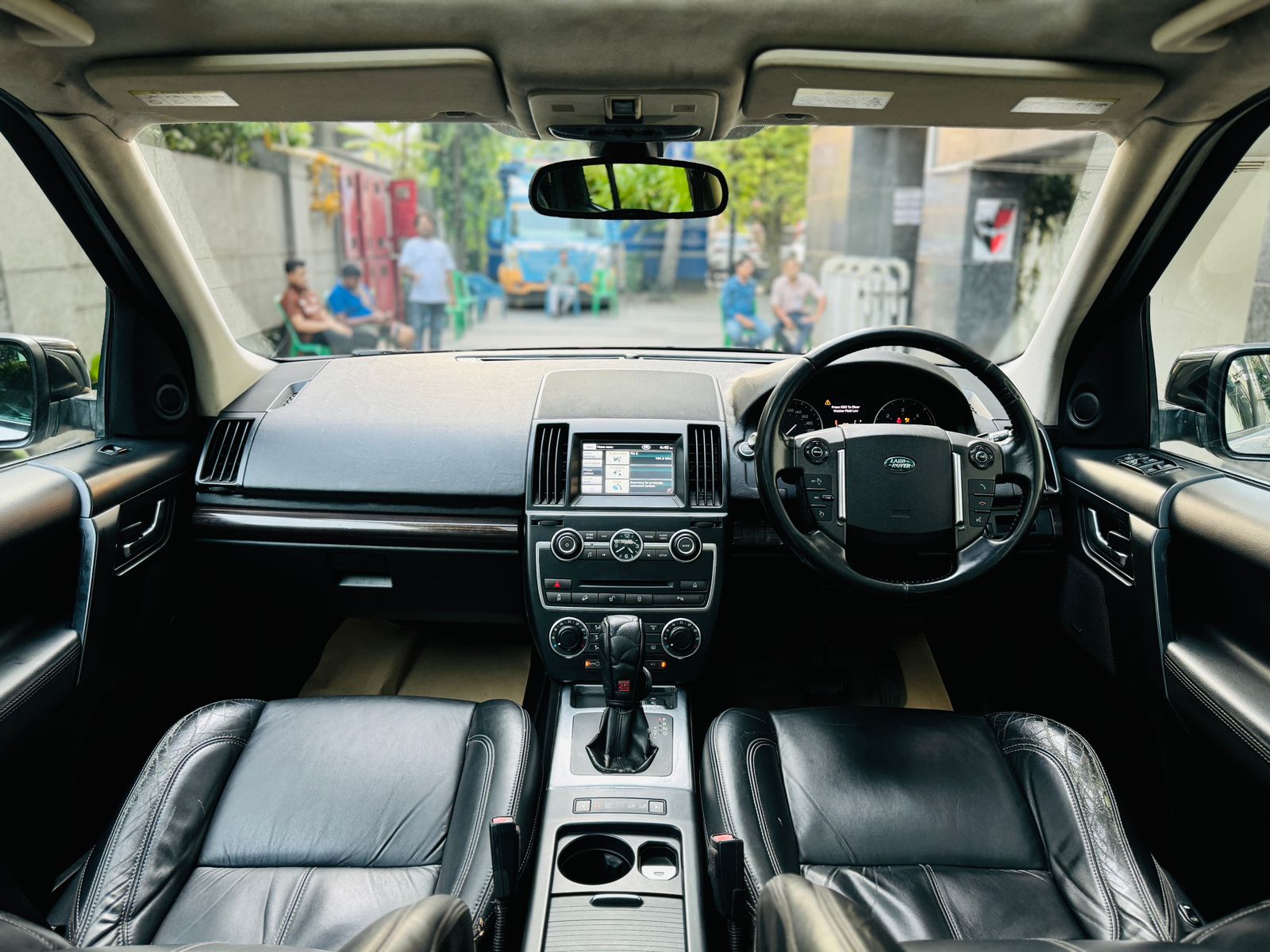
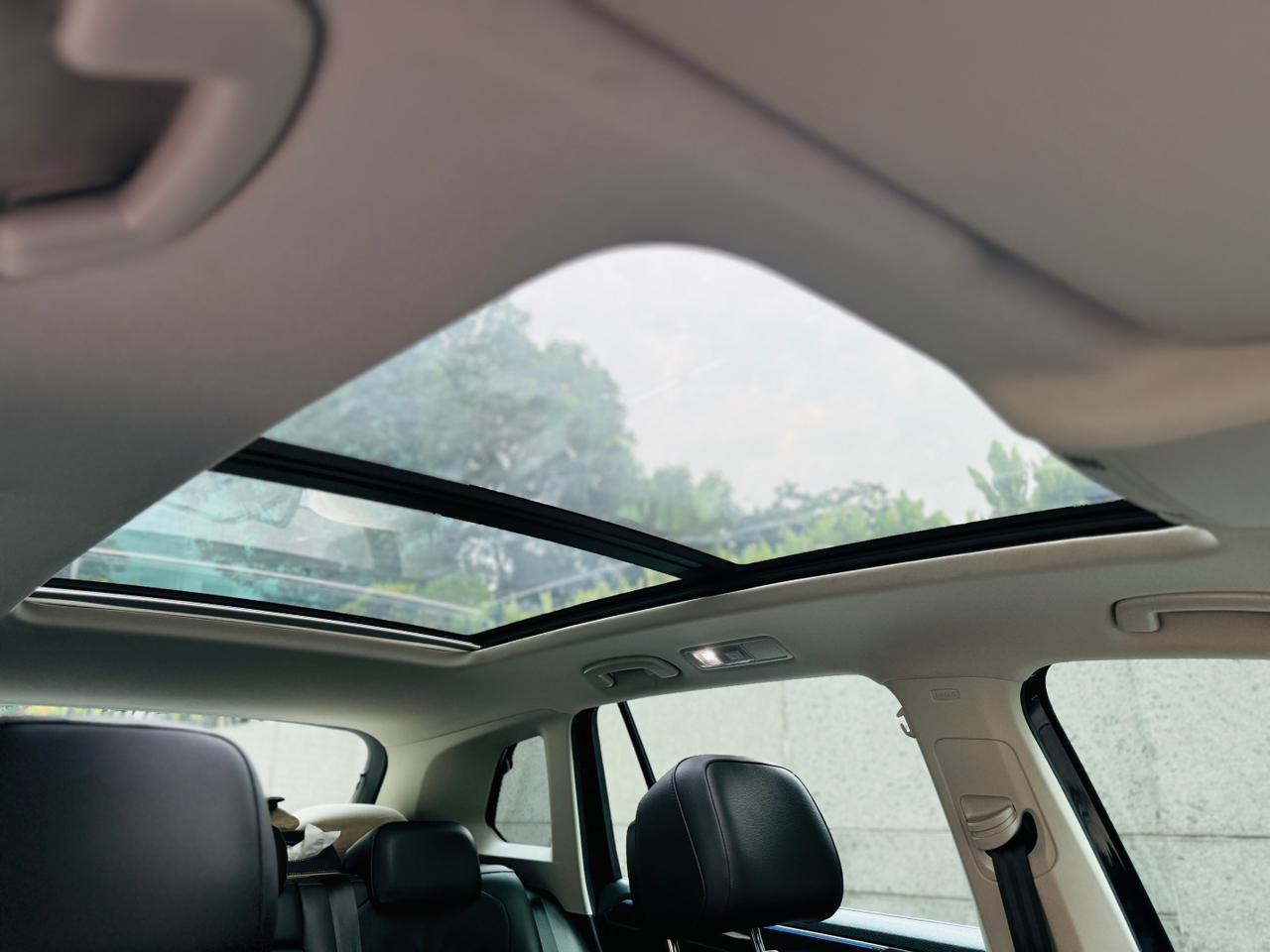
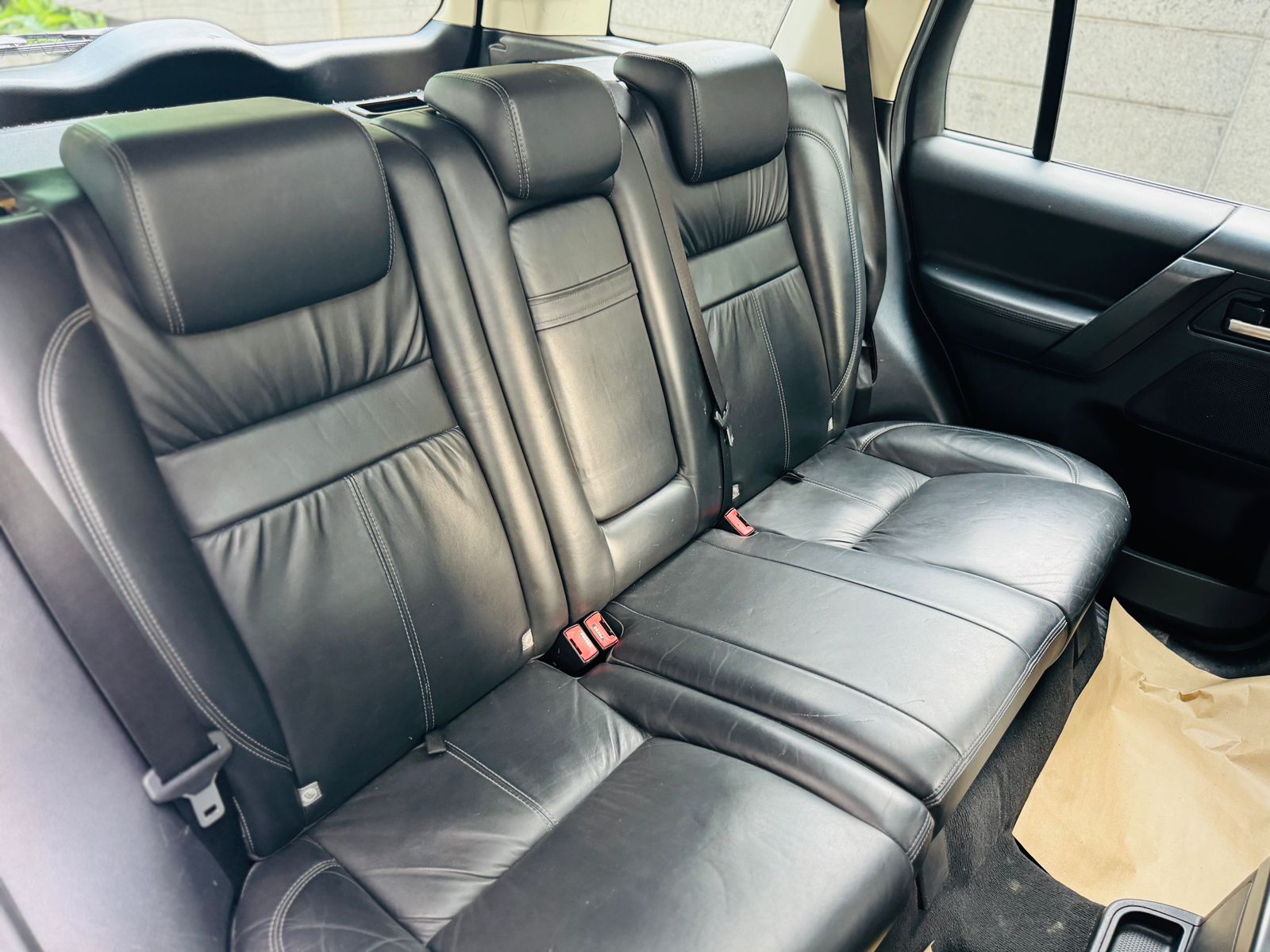
Conclusion
Taking care of your vehicle doesn’t have to be a daunting task. By following these 12 essential maintenance tips, you can ensure a smoother ride, better performance, and potentially save yourself from expensive repairs down the road. Regular upkeep will keep your vehicle running like new, ensuring your comfort and safety every time you hit the road.
At Flywheel Cars, we’re excited to present our exclusive range of luxury used cars, offering a handpicked selection of premium car at unbeatable prices. Located in Kolkata, West Bengal, our showroom is committed to providing top-tier, authentic vehicle. Whether you’re after a nearly-new model or a meticulously maintained used car, we have a variety of options to fit every budget and taste. Visit us today to discover the perfect car that matches your style and elevates your driving experience!
5 FAQs:
- How often should I change my engine oil?
It’s recommended to change your engine oil every 5,000 to 7,500 kilometers or as advised by your vehicle manufacturer. Regular oil changes ensure your engine remains properly lubricated and functions efficiently. - Why is checking tire pressure important?
Proper tire pressure improves fuel efficiency, enhances driving comfort, and reduces the risk of blowouts. Check your tire pressure monthly to ensure it’s in line with the manufacturer’s specifications. - When should I replace my brake pads?
Brake pads typically need replacing every 40,000 to 60,000 kilometers, but this can vary depending on driving habits. If you hear squealing, grinding, or experience reduced braking performance, it’s time for an inspection. - How often should I rotate and balance my tires?
Tire rotation and balancing should be done every 10,000 kilometers to ensure even wear, prolong tire life, and provide a smoother ride. - What is the lifespan of a vehicle battery?
Vehicle batteries generally last between 3 to 5 years. If your vehicle is slow to start or the battery terminals are corroded, it’s a good idea to get the battery checked and replaced if necessary.
More Blogs To Read:
Top 10 Affordable Used Cars in Kolkata Under ₹5 Lakhs
Smart Savings in 2024: Why Choose a Used Cars Over New?
Ranked as the top used car dealer in Kolkata, Flywheel specializes in offering a wide range of premium vehicles to our clients. Our unwavering commitment to customer satisfaction and uncompromising dedication to quality set us apart in the industry.


